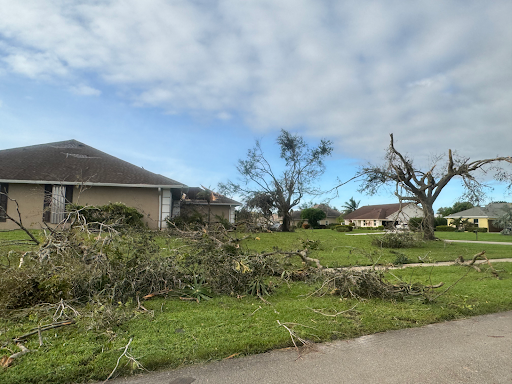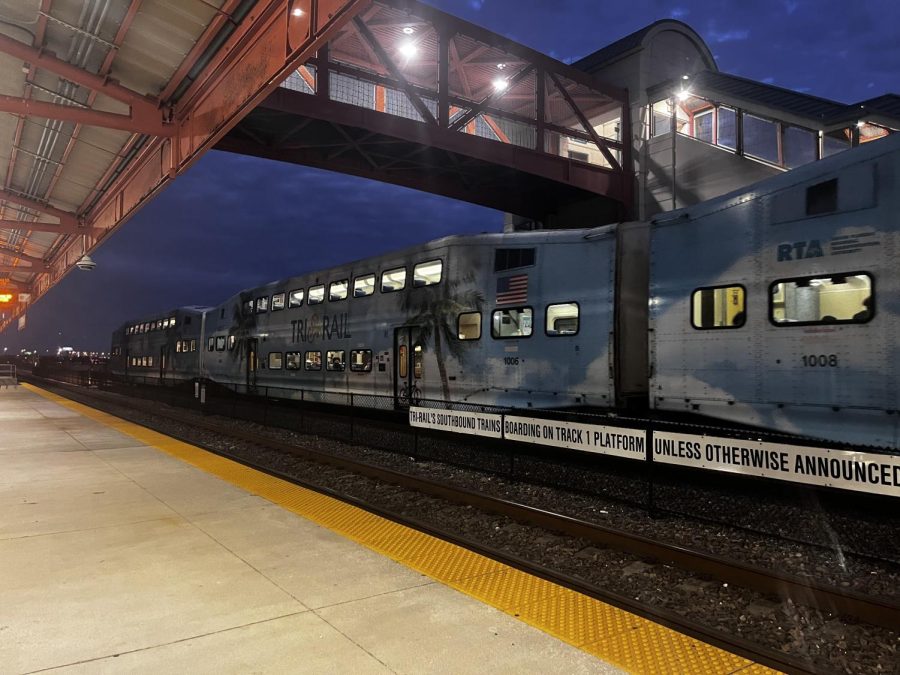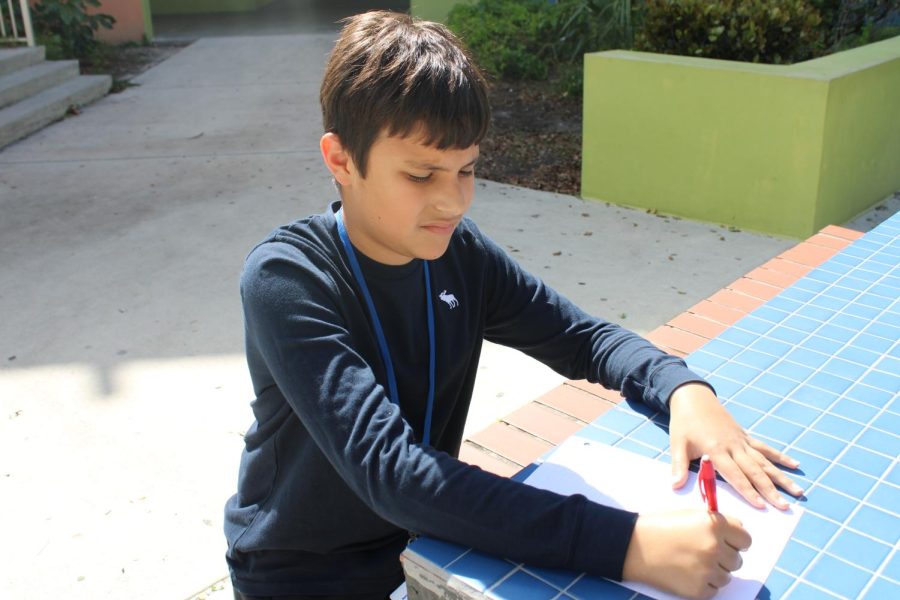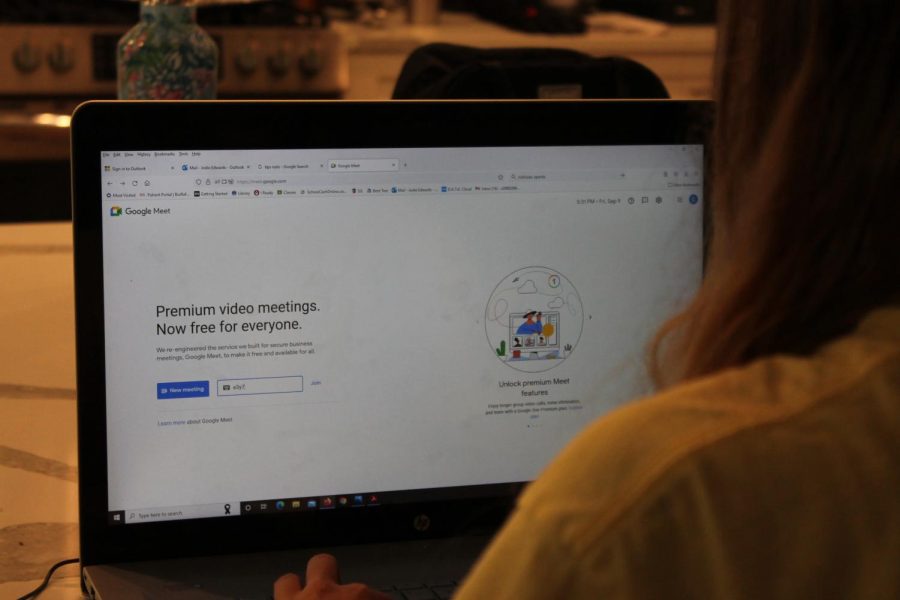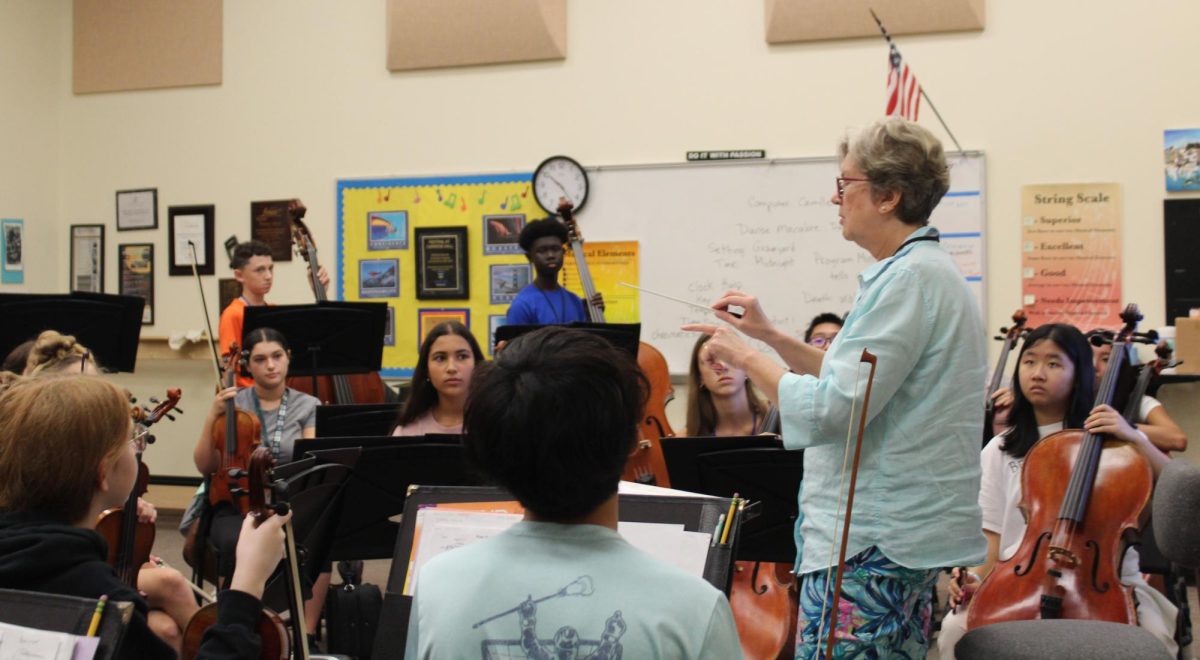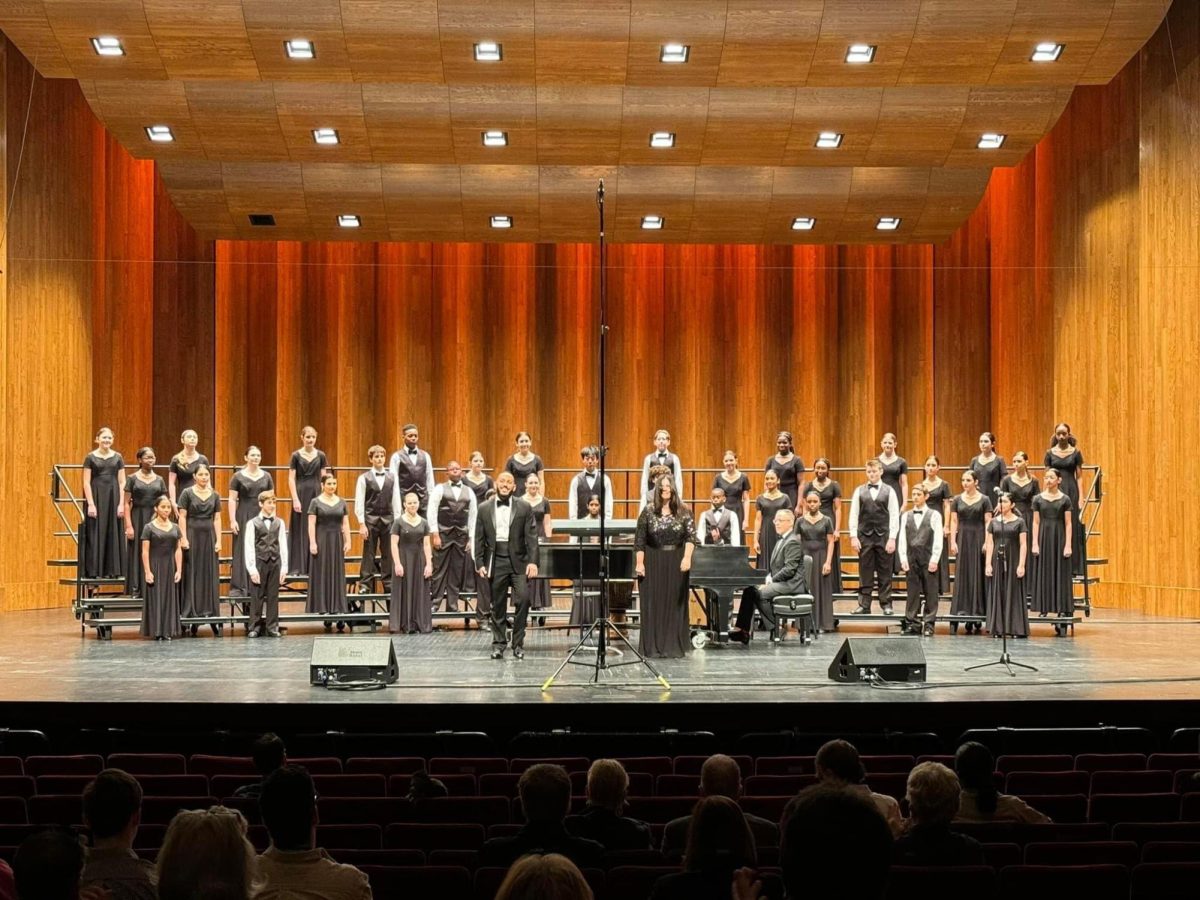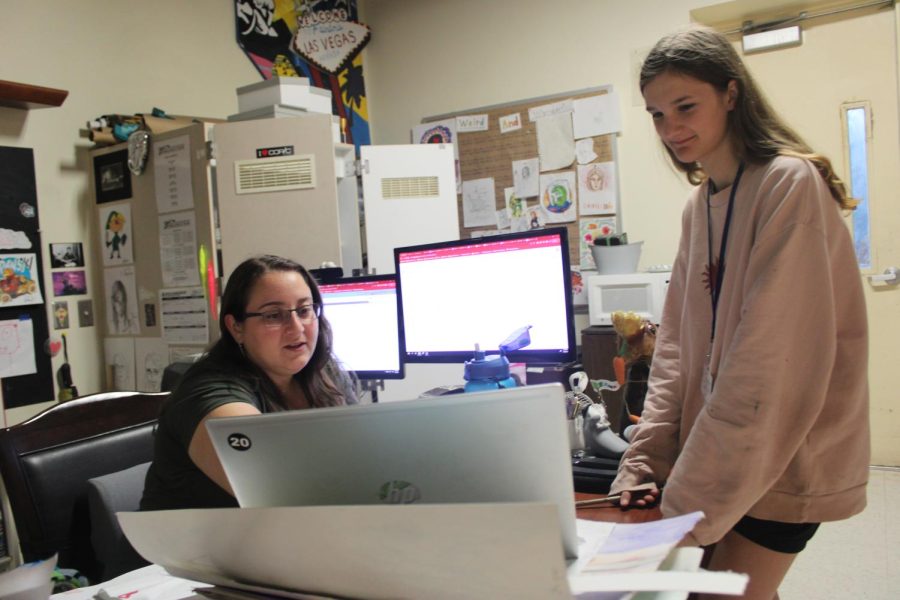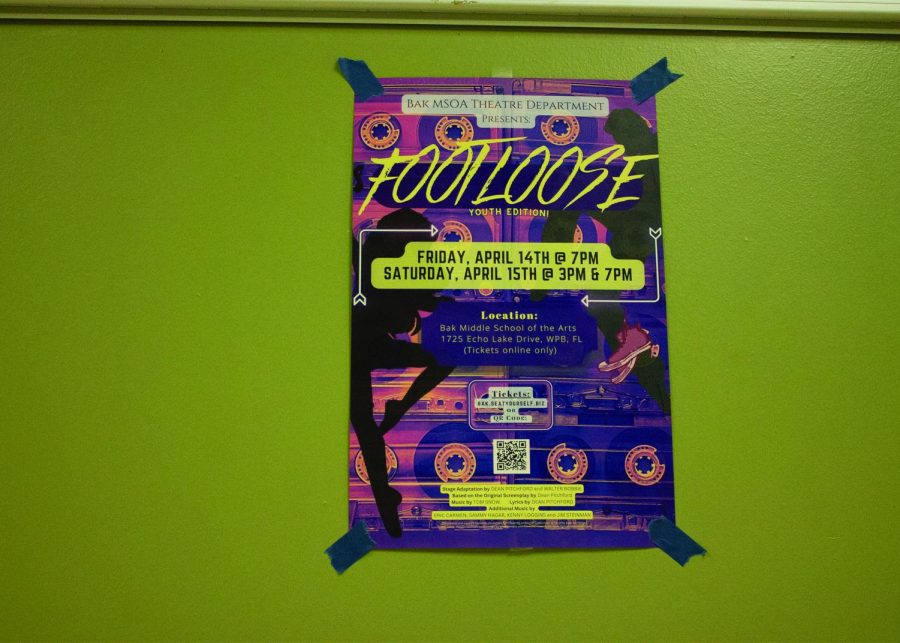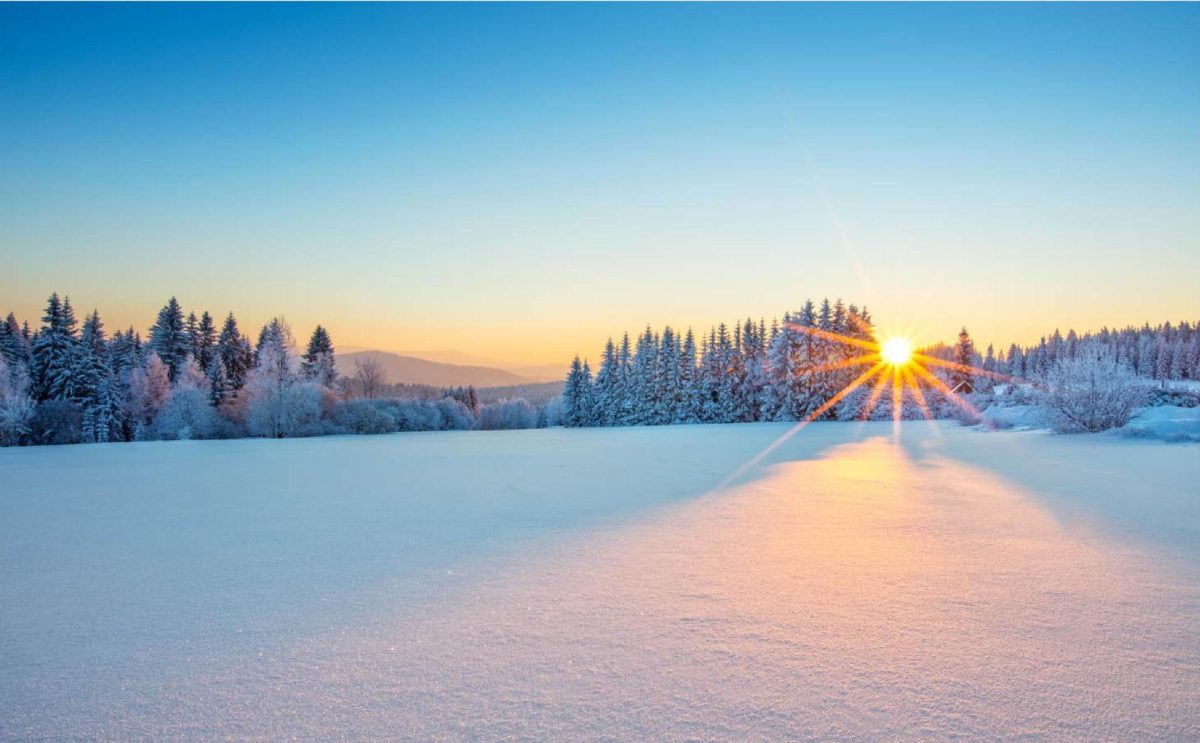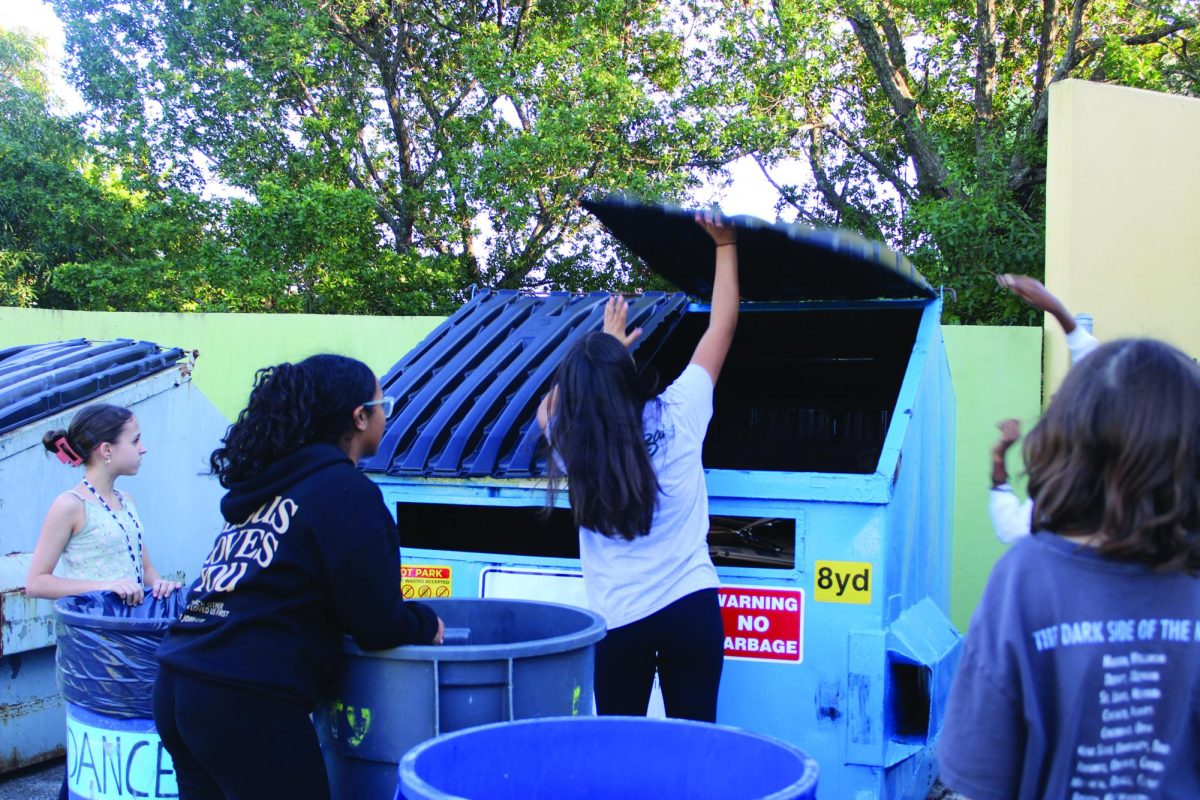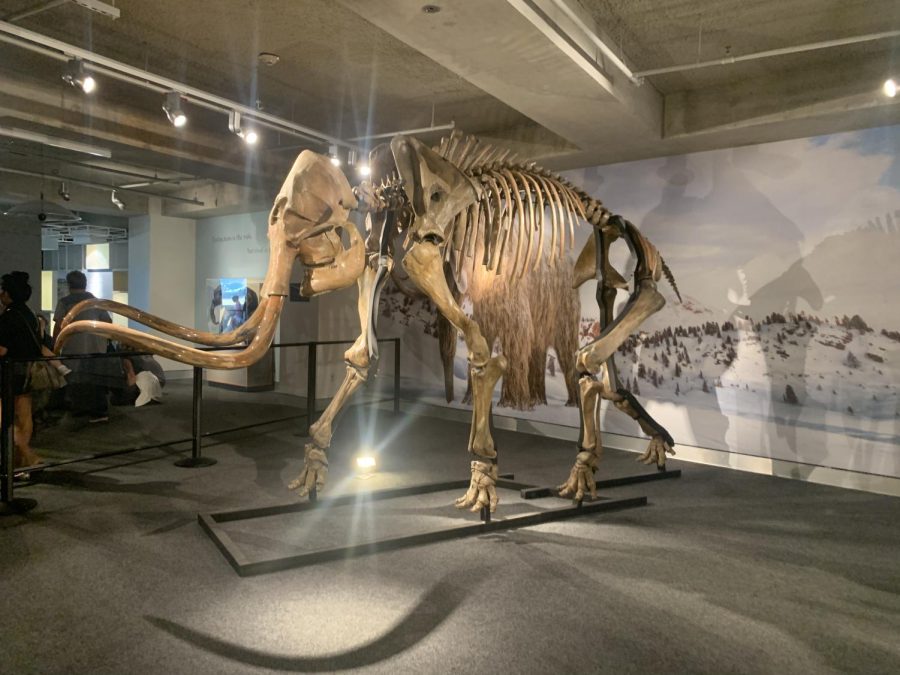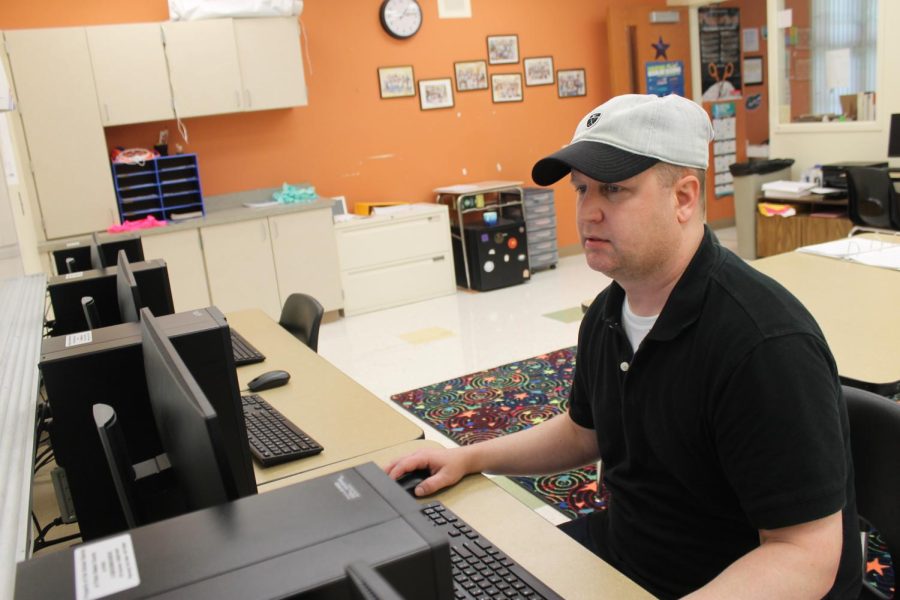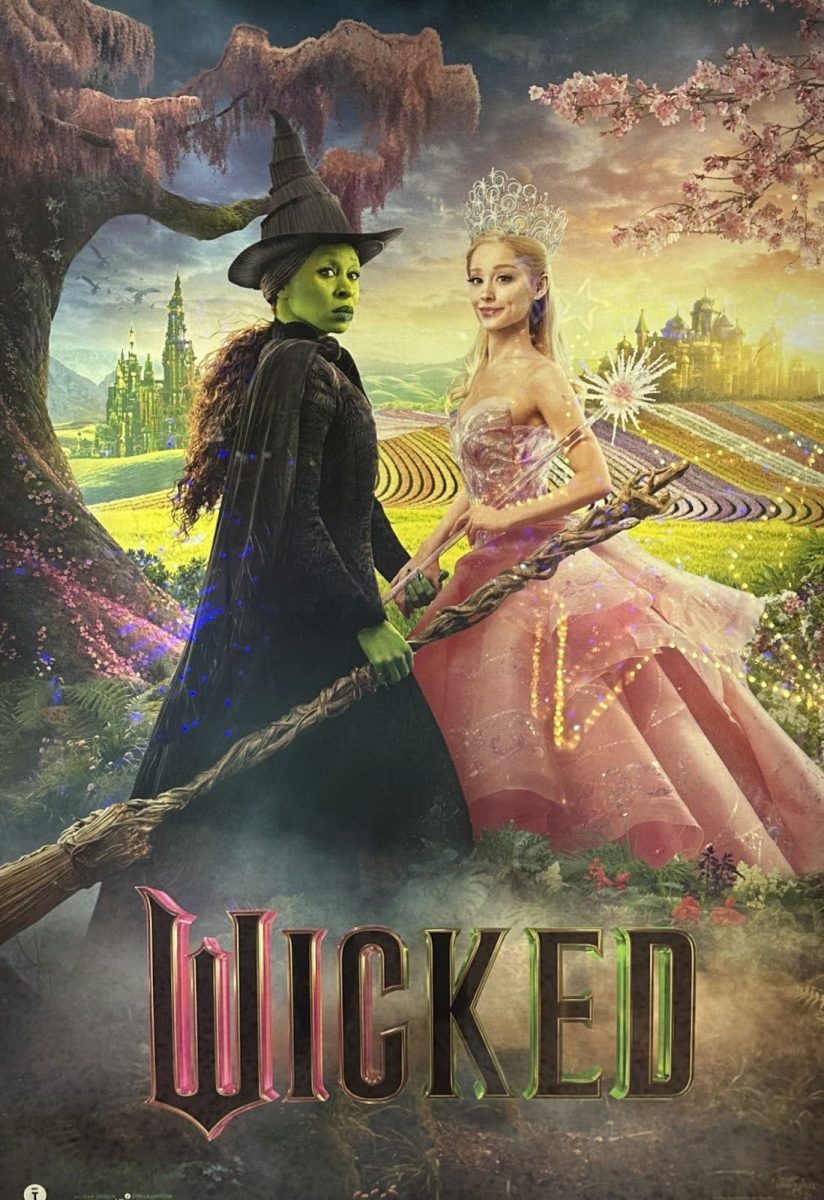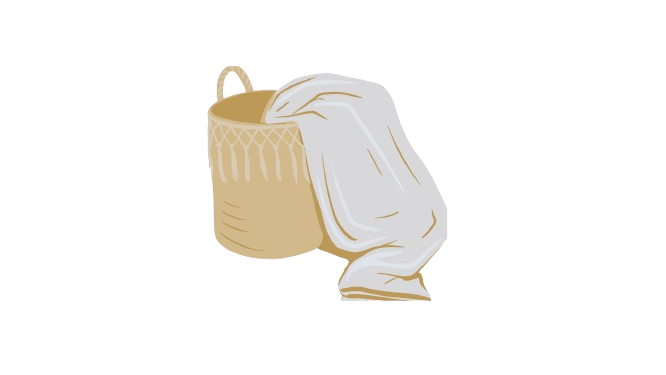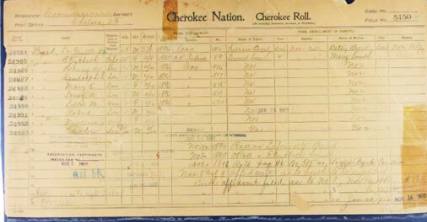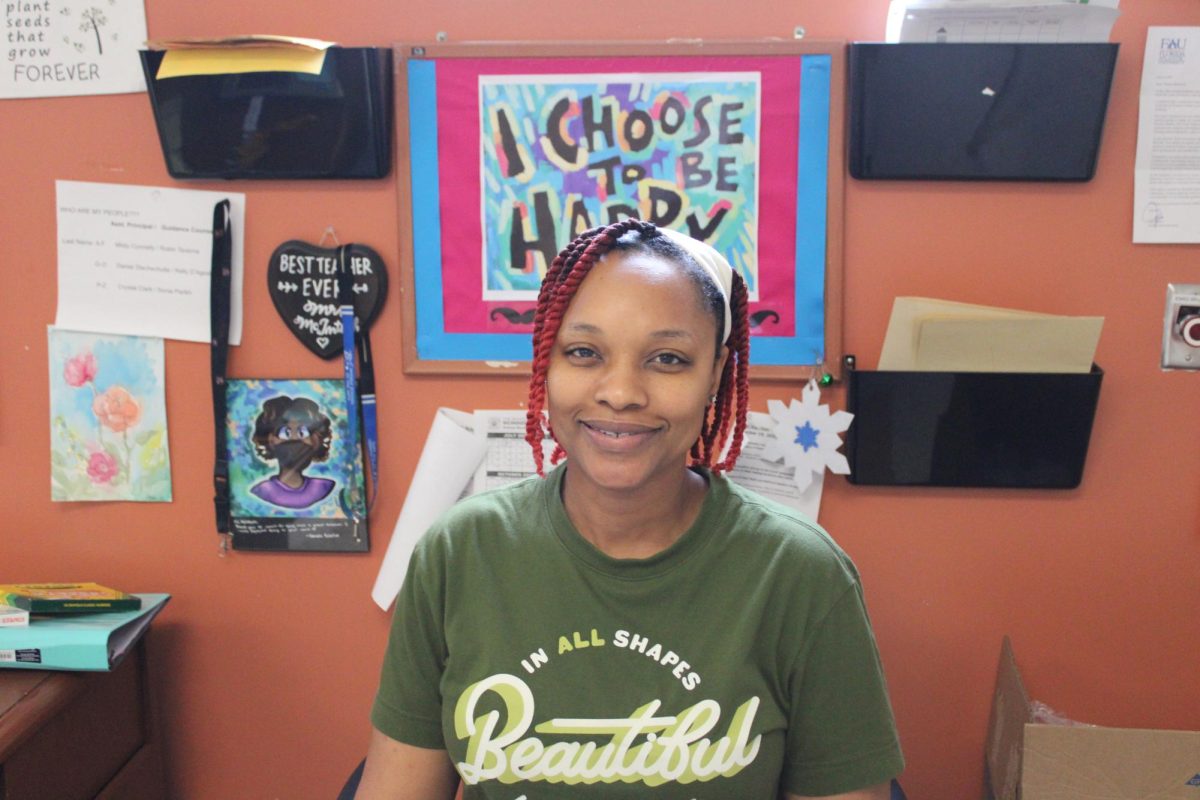Native American Heritage month is a time to celebrate the diverse and unique cultures of the Native American people and truly understand the Native people who walked this land before us. This is also a month to deeply appreciate the present Natives as well as the past. Michelle DeSilva is a sixth-grade world history teacher, professional historian, and proud Native American. DeSilva cherishes this month and takes this time to learn more about her native heritage.
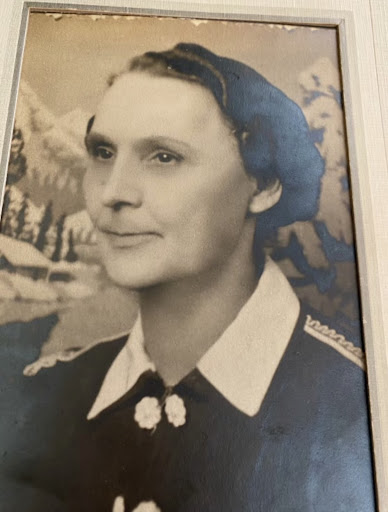
“During this month I order documents from the still existing Cherokee nation and read through them to learn more in depth about what my heritage really is,” said DeSilva.
In her own way as a historian, teacher and Native American, DeSilva tries to figure out as much as she can about her heritage. She perceives how her forefathers’ lived in their conflicting time of change.
“History is written by the winners,” said DeSilva, “It’s the same way with Native Americans, settlers viewed them as primitive, uneducated barbarians but that simply is not true. Native Americans had a thriving culture before the Europeans arrived.”
She argues that Native Americans could not have been uneducated because they had built architecturally marvelous cities with productive farms and elaborate buildings that rivaled that of the greatest cities in Europe. In DeSilva’s mind, Native Americans made significant contributions that were simply thrown aside.
History channel, a website dedicated to writing about important events in history tells us that Native Americans really did contribute vital discoveries. They say “Native Americans created the first mouthwash, suspension bridges, kayaks and even some of the first pain relievers, to name a few.”
This happiness isn’t infinite. As the month draws to a close, one of DeSilva’s least favorite holidays arrives on the fourth Thursday of November. Thanksgiving is DeSilva’s most traumatic holiday. For the reasons stated below, she does not celebrate it.
“When you’re a Native American, there is nothing thankful about Thanksgiving,” said DeSilva.
This holiday reminds her of the fear and trauma that her ancestors faced as they were moved out of the land they had lived on for thousands of years.
“In the Cherokee nation if a child dresses up as a Native American and a pilgrim it is very traumatic for the older generation,” said DeSilva.
It reminds them of those harsh times. This was the time of a dark and unforgiving change that was happening across the country, an unrelenting nightmare for the older generation. This same experience was shared by DeSilva’s great great grandmother too. Her great great grandmother was forced off her land and relocated to a place she had never seen before. DeSilva’s great great grandmother had to adapt to her new environment and rebuild her life.
But apart from that, November is a month DeSilva cherishes because it allows her to never forget the sacrifices of her forefathers and to celebrate her heritage. Though her subject is history, she does not teach about Native Americans. Instead, she teaches about world history. Nevertheless DeSilva tries to learn as much as she can about her heritage. She is proud of her heritage and would never give it up for anything.




